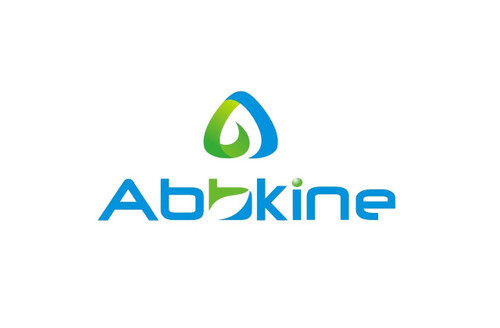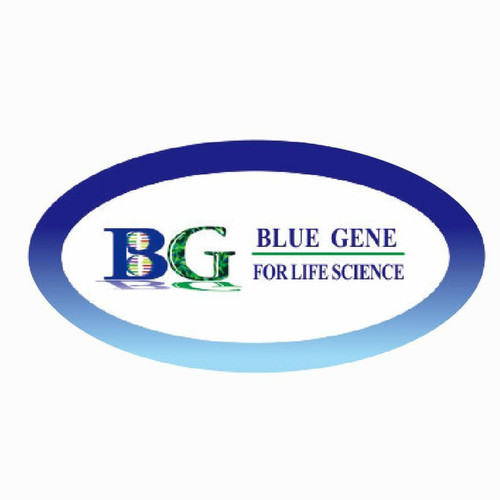Product Description
Human Cathepsin B (CTSB) ELISA Kit | AE63201HU | Abebio
Species Reactivity: Human (Homo sapiens)
Abbreviation: CTSB
Alternative Name: APPS; CPSB; APP secretase|amyloid precursor protein secretase|cathepsin B1|cysteine protease|preprocathepsin B
Application: ELISA
Range: 0.312-20 ng/mL
Sensitivity: 0.125 ng/mL
Intra-Assay: ≤5.2%
Inter-Assay: ≤10.2%
Recovery: 1, 08
Sample Type: Serum, Plasma, Other biological fluids
Detection Method: Sandwich
Analysis Method : Quantitive
Test Principale: This assay employs a two-site sandwich ELISA to quantitate CTSB in samples. An antibody specific for CTSB has been pre-coated onto a microplate. Standards and samples are pipetted into the wells and anyCTSB present is bound by the immobilized antibody. After removing any unbound substances, a biotin-conjugated antibody specific for CTSB is added to the wells. After washing, Streptavidin conjugated Horseradish Peroxidase (HRP) is added to the wells. Following a wash to remove any unbound avidin-enzyme reagent, a substrate solution is added to the wells and color develops in proportion to the amount of CTSB bound in the initial step. The color development is stopped and the intensity of the color is measured.
Product Overview: Cathepsin B is an enzymatic protein belonging to the peptidase or protease families. The protein is a lysosomal cysteine proteinase composed of a dimer of disulfide-linked heavy and light chains, both produced from a single protein precursor. It is a member of the peptidase C1 family. Cathepsin B was once suspected as a candidate protease participating in the conversion of β-amyloid precursor protein into the amyloid plaques found in Alzheimer's disease patients. However, this function is now known to be mediated by BACE1 protease. It is now thought that cathepsin B can degrade β-amyloid precursor protein into harmless fragments. Thus, it is conceivable cathepsin B may play a pivotal role in the natural defense against Alzheimer's disease.
Stability: The stability of ELISA kit is determined by the loss rate of activity. The loss rate of this kit is less than 5% within the expiration date under appropriate storage condition. The loss rate was determined by accelerated thermal degradation test. Keep the kit at 37°C for 4 and 7 days, and compare O.D.values of the kit kept at 37°C with that of at recommended temperature. (referring from China Biological Products Standard, which was calculated by the Arrhenius equation. For ELISA kit, 4 days storage at 37°C can be considered as 6 months at 2 - 8°C, which means 7 days at 37°C equaling 12 months at 2 - 8°C) .
 Euro
Euro
 USD
USD
 British Pound
British Pound
 NULL
NULL












